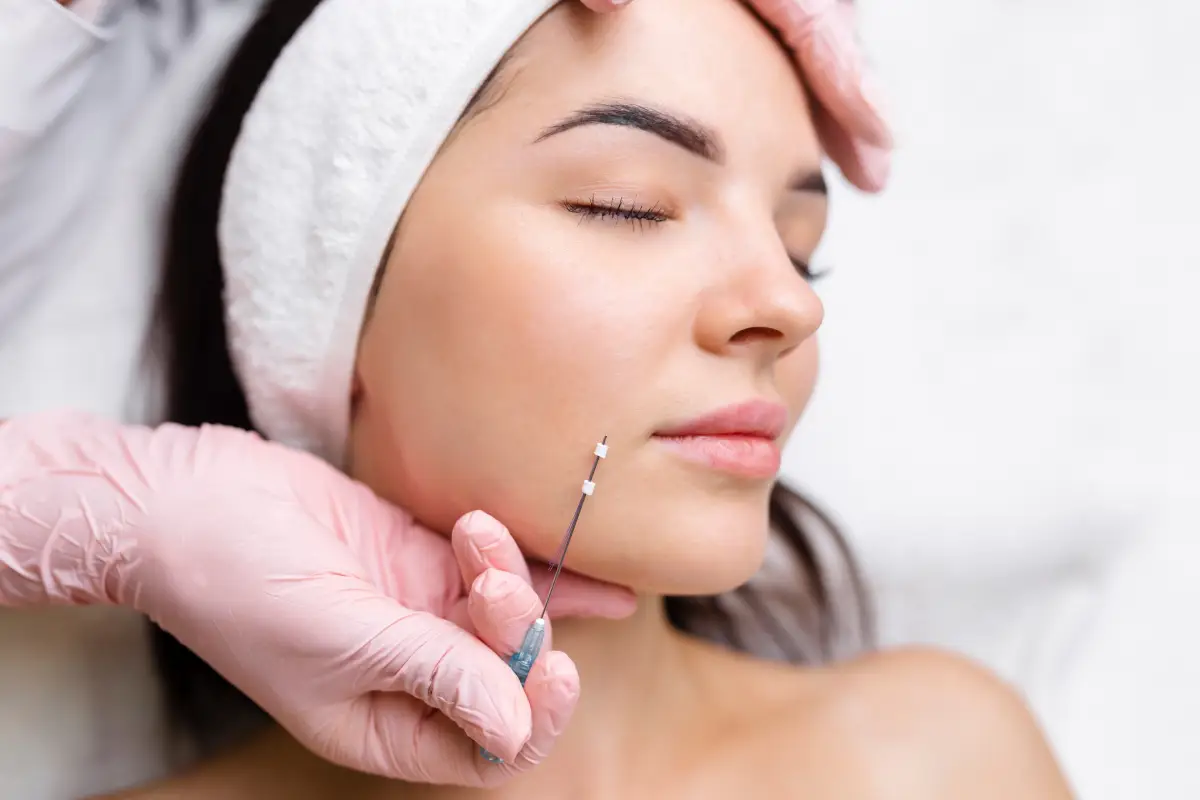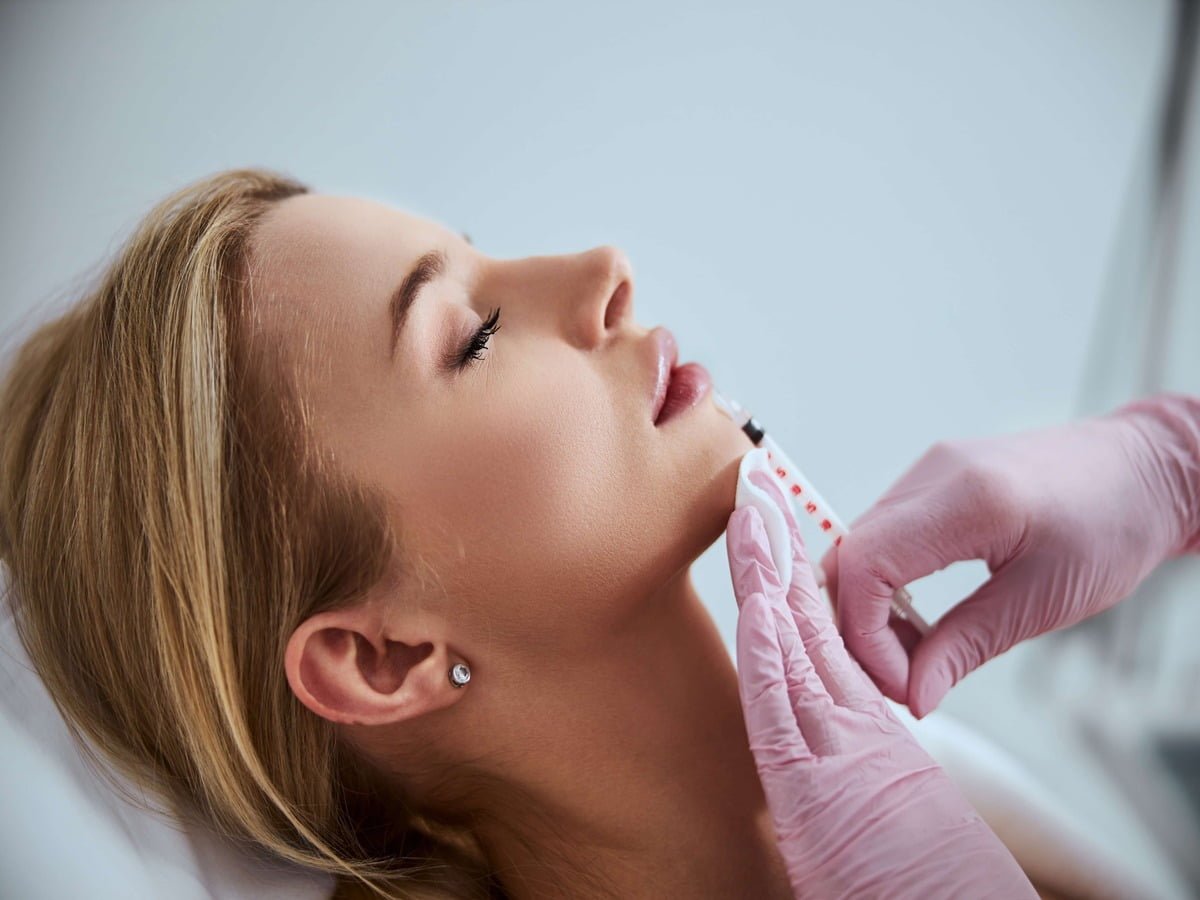In our journey through life, our bodies undergo internal and external changes. Shifts in our hormonal balance often accompany these changes. Hormones are essential for controlling many biological processes, and when they are out of balance, it can result in a variety of health problems. It is where Hormone Replacement Therapy steps in as a potential solution. In this modern age, it’s essential to understand what HRT is, how it works, and when it’s recommended.
What is Hormone Replacement Therapy?
HRT, or Hormone Replacement Therapy, is a medical treatment designed to alleviate the symptoms of hormone imbalances in both men and women. Our bodies use hormones as chemical messengers to control various internal processes, including metabolism, mood, sexual function, and more. When hormone levels drop significantly due to aging, medical conditions, or other factors, it can result in uncomfortable or even debilitating symptoms.
HRT aims to restore the body’s hormone levels to a more balanced state. It involves administering synthetic or natural hormones to supplement or replace those the body is no longer producing in sufficient quantities. The primary hormones HRT targets are estrogen and progesterone in women and testosterone in men.
Types of Hormone Replacement Therapy
There are several types of HRT, each designed to address specific hormonal imbalances and associated symptoms. The most common styles include:
- Estrogen Replacement Therapy (ERT): ERT is primarily prescribed to women who are experiencing menopause or have had a hysterectomy. It helps alleviate symptoms such as hot flashes, night sweats, and vaginal dryness by supplementing declining estrogen levels.
- Progesterone Replacement Therapy (PRT): Often combined with estrogen therapy, PRT helps prevent the overgrowth of the uterine lining and reduces the risk of endometrial cancer in women with an intact uterus.
- Testosterone Replacement Therapy (TRT): TRT is prescribed to men with low testosterone levels, known as hypogonadism. It can improve muscle mass, bone density, mood, and sexual function.
- Bioidentical Hormone Replacement Therapy (BHRT): BHRT involves using chemically identical hormones produced by the body. It’s often marketed as a more natural alternative to traditional HRT.
- Thyroid Hormone Replacement Therapy: This type of HRT treats an underactive thyroid gland (hypothyroidism) by providing synthetic thyroid hormones.
When is Hormone Replacement Therapy Recommended?
HRT is recommended under specific circumstances, and it’s essential to consult a professional expert to determine its appropriateness. Here are some everyday situations in which HRT may be recommended:
- Menopause: For women experiencing severe menopausal symptoms, such as hot flashes, night sweats, and mood swings, HRT can provide relief. It’s often prescribed on a short-term basis to manage these symptoms.
- Surgical Menopause: Women who have undergone hysterectomy with removal of the ovaries (oophorectomy) may experience abrupt hormonal changes. HRT can help mitigate this procedure’s symptoms and long-term health risks.
- Premature Ovarian Insufficiency (POI): Some women experience early menopause or POI before age 40. HRT may be recommended to alleviate symptoms and reduce the risk of osteoporosis and cardiovascular issues.
- Low Testosterone: Men with clinically low testosterone levels may benefit from TRT. Symptoms of low testosterone can include fatigue, reduced muscle mass, decreased libido, and mood changes.
- Hypothyroidism: In cases of an underactive thyroid gland, thyroid hormone replacement therapy is essential to restore normal thyroid hormone levels and alleviate symptoms like fatigue, weight gain, and depression.
- Bone Health: HRT, particularly estrogen therapy, can help maintain bone density and reduce the risk of osteoporosis in postmenopausal women.
- Gender Transition: Transgender individuals may undergo hormone replacement therapy as part of their gender-affirming treatment to align their physical characteristics with their gender identity.
It’s important to note that HRT is not suitable for everyone, and its risks and benefits should be carefully considered. When recommending HRT, your healthcare provider will assess your medical history, current health status, and individual needs.
Risks and Benefits of Hormone Replacement Therapy
HRT offers several benefits, including symptom relief and improved quality of life for those experiencing hormone-related issues. However, it’s not without its risks. Here’s a closer look at the potential advantages and disadvantages of HRT:
Benefits of HRT:
- Symptom Relief: HRT can effectively alleviate symptoms like hot flashes, night sweats, mood swings, and vaginal dryness in menopausal women.
- Improved Bone Health: Estrogen therapy can help maintain bone density and reduce the risk of fractures in postmenopausal women.
- Enhanced Quality of Life: For individuals with hormonal imbalances, HRT can lead to improved energy levels, mood, and overall well-being.
- Cardiovascular Health: Some studies suggest that HRT may positively impact cardiovascular health when started early in menopause.
- Gender Affirmation: HRT can be an essential part of the gender affirmation process for transgender individuals, helping them align their physical appearance with their gender identity.
Risks of HRT:
- Increased Risk of Blood Clots: Estrogen therapy, especially in oral forms, may increase the risk of blood clots, which can be dangerous.
- Breast Cancer: Long-term use of specific HRT regimens may slightly increase the risk of breast cancer, especially when combined estrogen and progestin therapy is used.
- Cardiovascular Risks: The relationship between HRT and cardiovascular health is complex, and the risks and benefits may vary depending on individual factors.
- Endometrial Cancer: Estrogen therapy alone may increase the risk of endometrial cancer in women with an intact uterus. Adding progestin reduces this risk.
- Mood Changes: Some individuals may experience mood swings or emotional changes as a side effect of HRT.
Discussing these potential risks and benefits with your healthcare provider is essential to decide whether HRT is suitable for you. When recommending a treatment plan, your provider will consider your health profile, medical history, and personal preferences.
HRT and Bioidentical Hormones
Bioidentical Hormone Replacement Therapy (BHRT) has gained popularity as an alternative to traditional HRT in recent years. BHRT uses hormones structurally identical to the hormones produced by the body, such as estradiol, progesterone, and testosterone. Proponents argue that BHRT is more natural and safer than synthetic hormones, but the evidence supporting these claims is mixed.
While BHRT may be suitable for some individuals, it’s essential to recognize that it is not without risks, and its safety and efficacy are still subjects of ongoing research. Additionally, BHRT is not regulated by the FDA in the same way as conventional HRT, which means that the quality and consistency of these products can vary.
Before opting for BHRT, it’s crucial to consult with a knowledgeable healthcare provider who can guide you to the most appropriate treatment for your specific needs.
Conclusion
Hormone Replacement Therapy (HRT) is a medical intervention that can relieve and improve the quality of life for individuals experiencing hormone-related imbalances and symptoms. It’s recommended in various situations, including menopause, surgical menopause, low testosterone, and gender affirmation. However, HRT is not without risks, and its suitability should be determined on a case-by-case basis with the guidance of a healthcare provider.
Ready to take the first step toward a happier, healthier, and more confident you? Contact New U Women’s Clinic & Aesthetics today to schedule your personalized consultation. Discover how Hormone Replacement Therapy can help you achieve the balance and vitality you deserve! Don’t wait to start your journey to a New You! New U Women’s Clinic & Aesthetics is here to help you shine brighter, feel more robust, and live life to the fullest. Your transformation begins with us!










